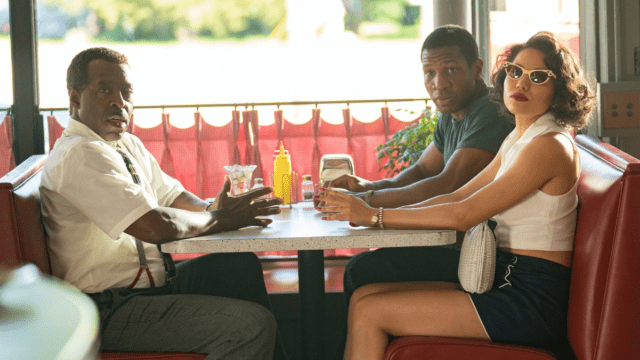It’s tempting to think that since 2020 was basically one real-life nightmare after another, the last thing anyone would want to do is engage with fictional horror on top of that. But that would be discounting the positive power of certain horror movies, TV shows, and video games that helped us navigate through the year’s darkest times.
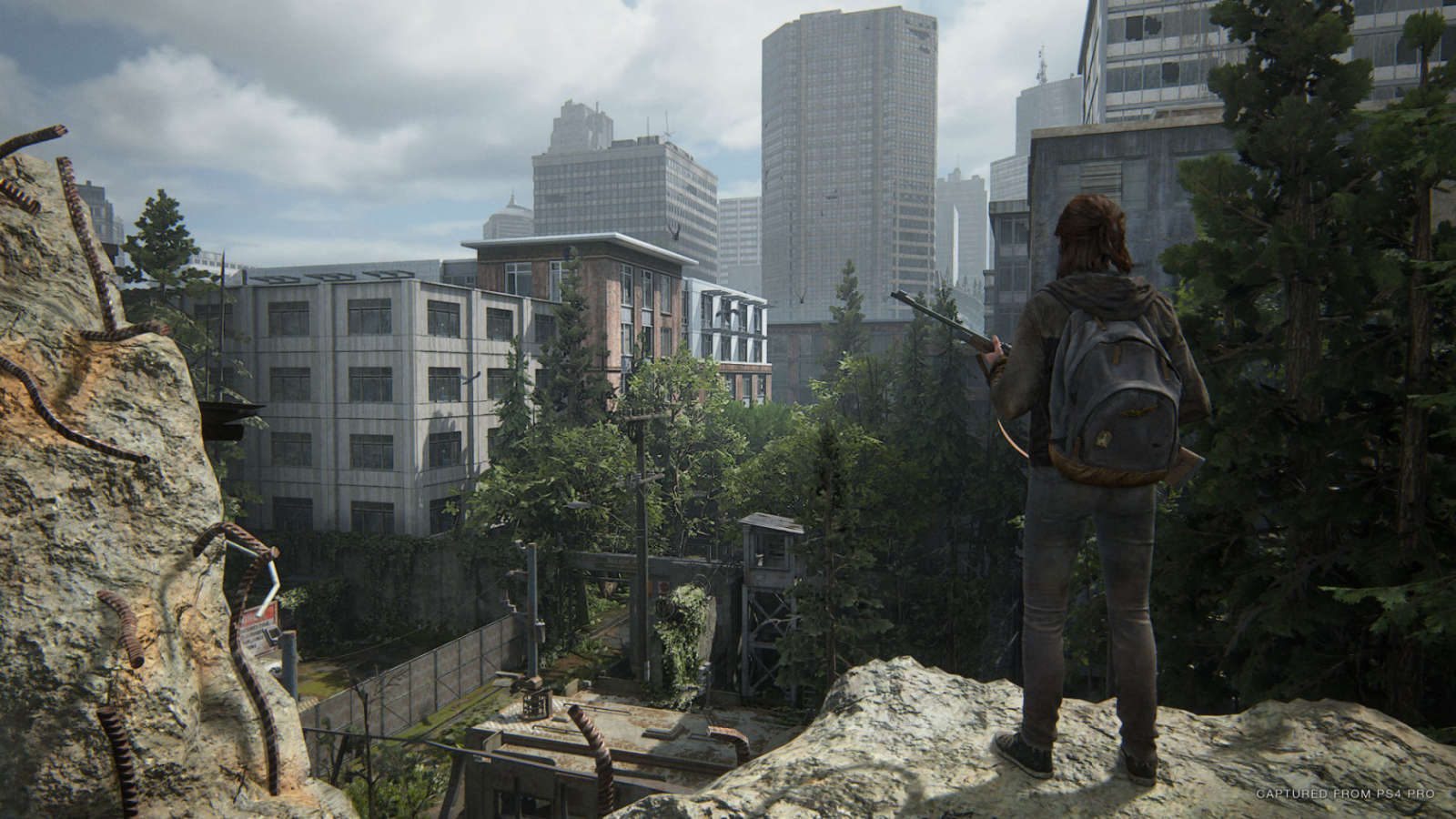
The Last of Us Part II
You realise something is off when you “finish” The Last of Us Part II’s story less than halfway through. After playing as Ellie, the story restarts and you find yourself playing as the villain from the first half of the game, Abby. You’ve hated Abby for hours — and now, you are her. It’s painful until you begin to learn more about her. Slowly but surely you become more attuned to Abby’s life than Ellie’s. Through that struggle, the game teaches acceptance, empathy, and sympathy. It makes you love someone you thought you hated by helping you learn more about them, which is a worthy and inspiring lesson to find in the middle of a horror video game. – Germain Lussier
[referenced id=”1225789″ url=”https://gizmodo.com.au/2020/06/the-last-of-us-part-ii-is-a-painful-beautiful-emotional-roller-coaster/” thumb=”https://gizmodo.com.au/wp-content/uploads/2020/06/25/ehfhdxmn5n3qz0280tdn-300×169.jpg” title=”The Last of Us Part II Is a Painful, Beautiful, Emotional Roller Coaster” excerpt=”In the best possible way, the good guy, etc. It forces you to be both and neither. To do things when you don’t want to, but also cathartically achieve moments you’ve been building toward. Depending on how you look at it, it can say a lot or nothing at all.”]
Lovecraft Country
I am by no means a big horror person — I’m not big on gore and don’t like the prospect of jumping out of my skin at every bump in the dark. So it was to my utmost surprise that I (mostly) enjoyed the hell out of HBO’s Lovecraft Country this year. Its schlocky approach to Lovecraftian horror tropes spooked and delighted with its delicate balance between gross-out moments and existential dread, and its story was rooted in strong performances from the likes of Jurnee Smollett and Jonathan Majors. I was compelled to keep checking the show out, even as things got progressively weirder and violent on the horror front. It may not have exactly comforted me — I still shudder at the thought of Ruby’s transmogrification potions — but it helped me get over a lifelong reticence for horror that made me appreciate what others see in the genre. – James Whitbrook
[referenced id=”1234917″ url=”https://gizmodo.com.au/2020/07/10-mostly-bloodless-horror-movies-for-when-you-wanna-be-scared-not-unconscious/” thumb=”https://gizmodo.com.au/wp-content/uploads/2020/07/29/njrjvlvjetu3vkyjqr9z-300×169.jpg” title=”10 (Mostly) Bloodless Horror Movies, for When You Wanna Be Scared, Not Unconscious” excerpt=”People something is so scary it makes you get queasy or pass out? If that sounds familiar, you’re not alone ” and I’ve got some films that’ll give you the chills without making you hit the floor.”]
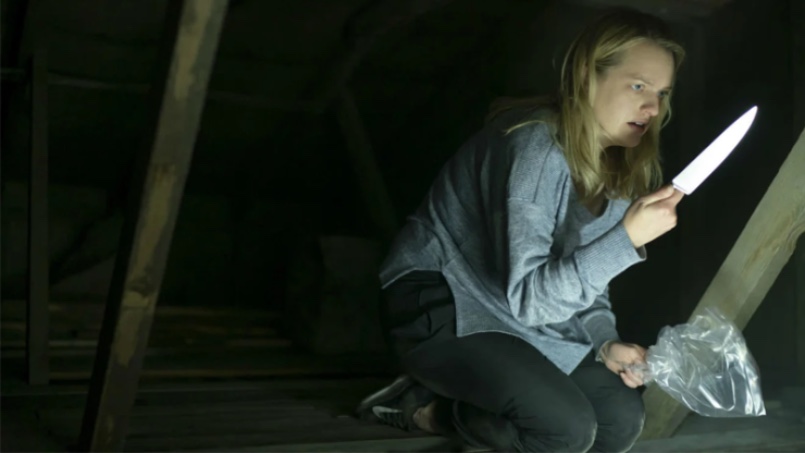
The Invisible Man
After Universal’s much-hyped Dark Universe crumbled into mummified dust, fans of the studio’s array of legendary monsters may have been understandably wary of The Invisible Man, Leigh Whannell’s standalone take on one of horror’s most enduring characters. But The Invisible Man — which came out in February, making it one of the last movies to release before the pandemic hit — proved there’s still plenty of life left in Universal’s creaky cinematic coffin. Elisabeth Moss’ intense turn as a woman who knows she’s being stalked by her controlling ex (who has faked his own death, and is most definitely capable of using his high-tech inventions to turn invisible) as everyone around her doubts her sanity anchors The Invisible Man. It’s a movie that gives us a very 2020 Final Girl: a heroine who’s empowered when she overcomes an avalanche of gaslighting to ultimately out-manoeuvre her abuser. – Cheryl Eddy
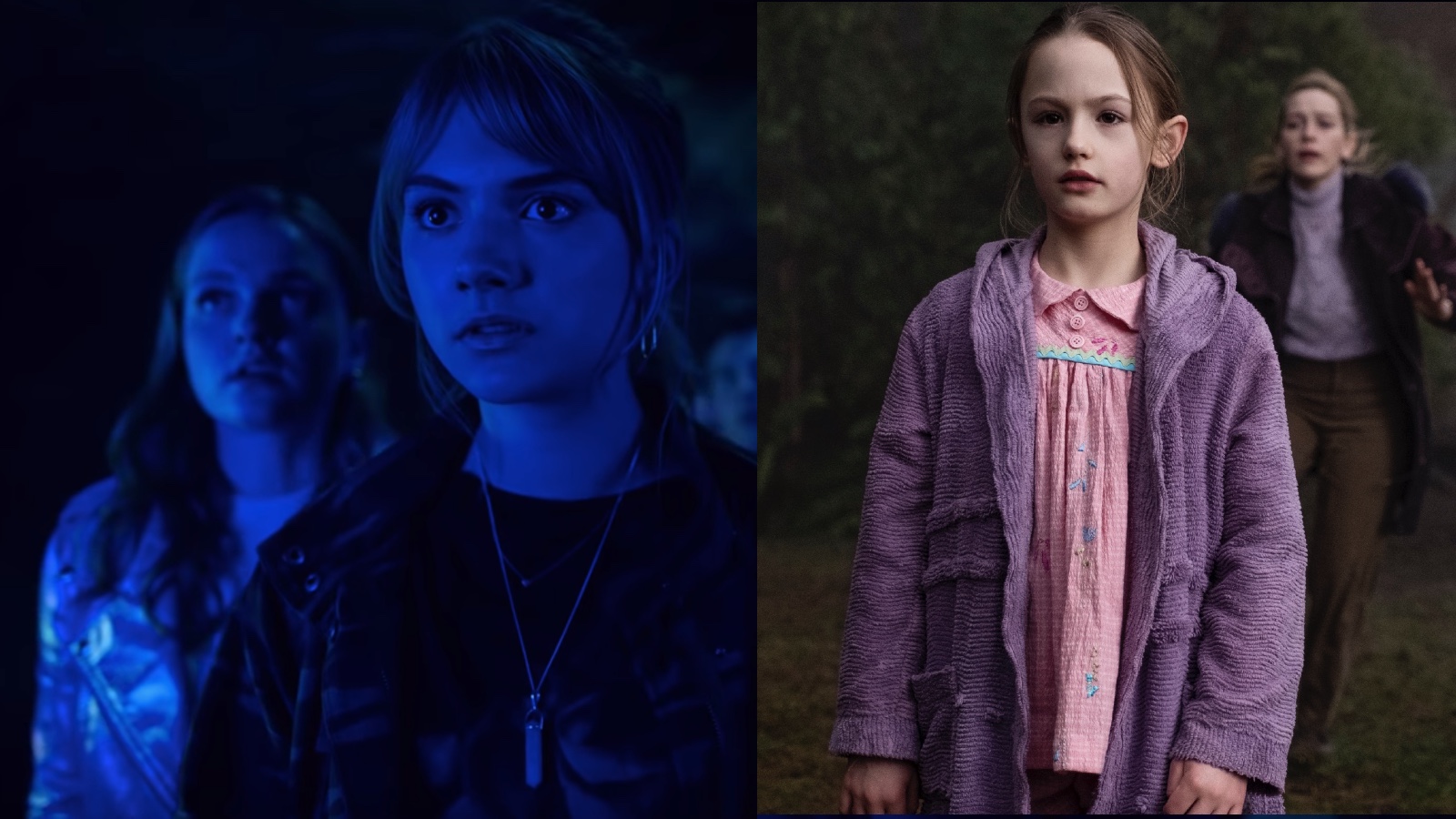
Locke & Key and The Haunting of Bly Manor
Netflix’s two big 2020 horror series — incredibly, yes, Locke & Key was 2020, though like The Invisible Man it came out pre-pandemic — gave us not just a single movie’s worth of escapism, but intricate stories that stretched across multiple episodes, introducing surprisingly layered characters and mysteries that unfolded piece by piece, dropping enough clues along the way to justify a re-watch. While neither series emerged wearing the title of “scariest shit we’ve ever seen,” both Locke & Key (which has a second season in the works) and The Haunting of Bly Manor offered emotionally stirring tales of people who enter haunted houses already having suffered enough trauma for a lifetime, and who must lean hard on family and friends to pull them through their supernatural torments. – Cheryl Eddy
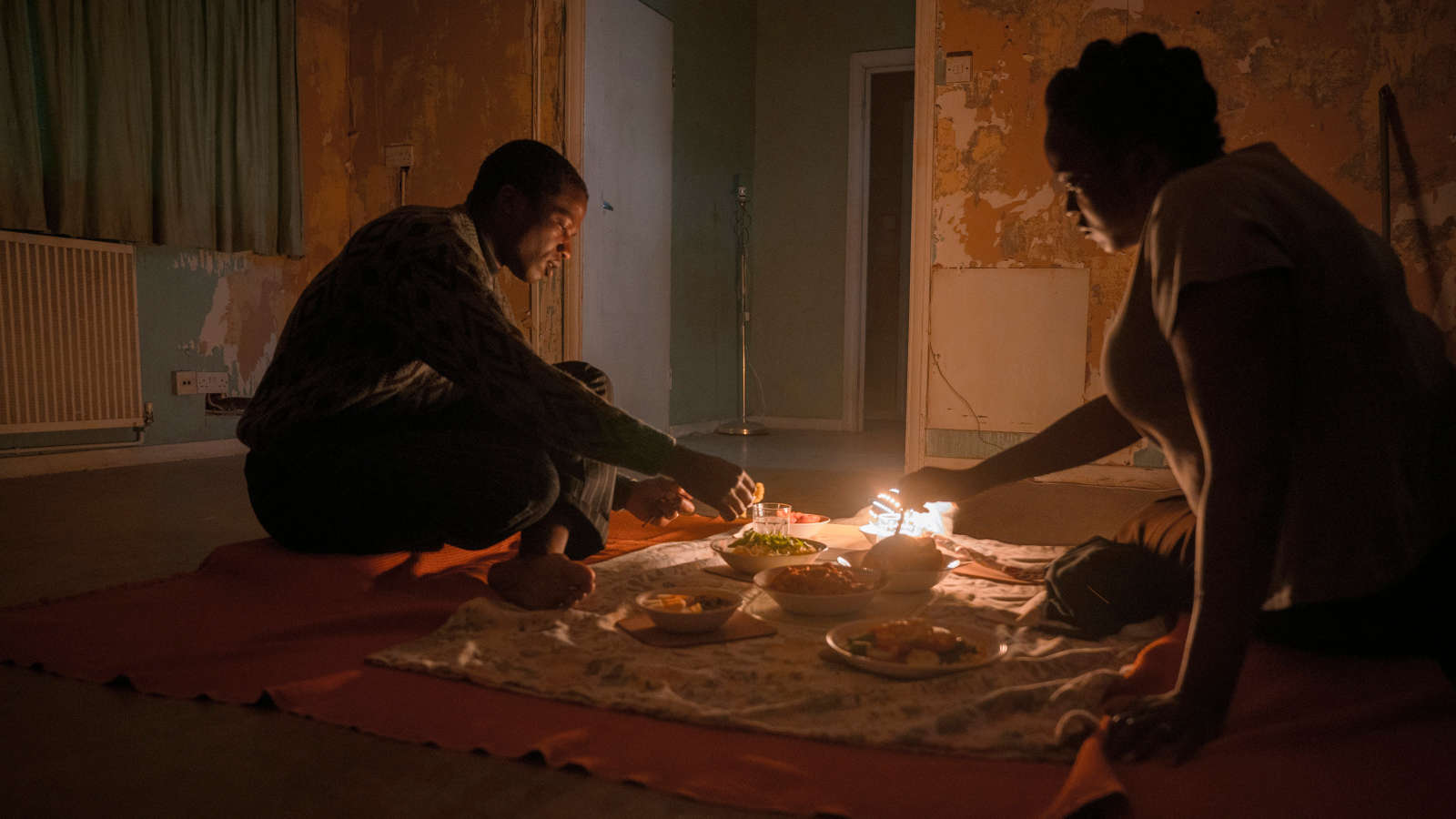
His House
Between Lovecraft Country and films like Good Hair and Spell (more on that one in a bit), 2020 was a banner year for horror stories that both centered Black characters and sought to use the genre to provide commentary on larger societal issues. Important as all those stories are, there’s a way in which Black-centric horror sometimes spends a bit too much time focusing on the literal brutalization of Black bodies without exactly putting in the necessary work to make that violence and gore actually mean something. Despite the fact that Remi Weekes’ His House focused on married refugees fleeing their war-torn country in search of a better life, by framing the psychological impact of their experiences as its “monster” rather than just a supernatural entity or war itself, His House found a way to tell a moving story about a Black experience without reveling in its darkness to the point of being stomach-turning. – Charles Pulliam-Moore
[referenced id=”1525034″ url=”https://gizmodo.com.au/2020/10/his-house-puts-a-fresh-coat-of-terror-on-the-haunting-genre/” thumb=”https://gizmodo.com.au/wp-content/uploads/2020/10/31/c21a8s8dlt2pwevcq2t0-scaled-e1604264733797-300×156.jpg” title=”His House Puts a Fresh Coat of Terror on the Haunting Genre” excerpt=”After barely escaping the horrors of war in South Sudan, Rial (Lovecraft Country’s Wunmi Mosaku) and Bol (Ṣọpẹ́ Dìrísù) Majul have made it all the way to London and into their first home. But their apparent good fortune has a terrifying downside, as Remi Weekes’ chilling His House soon reveals.”]
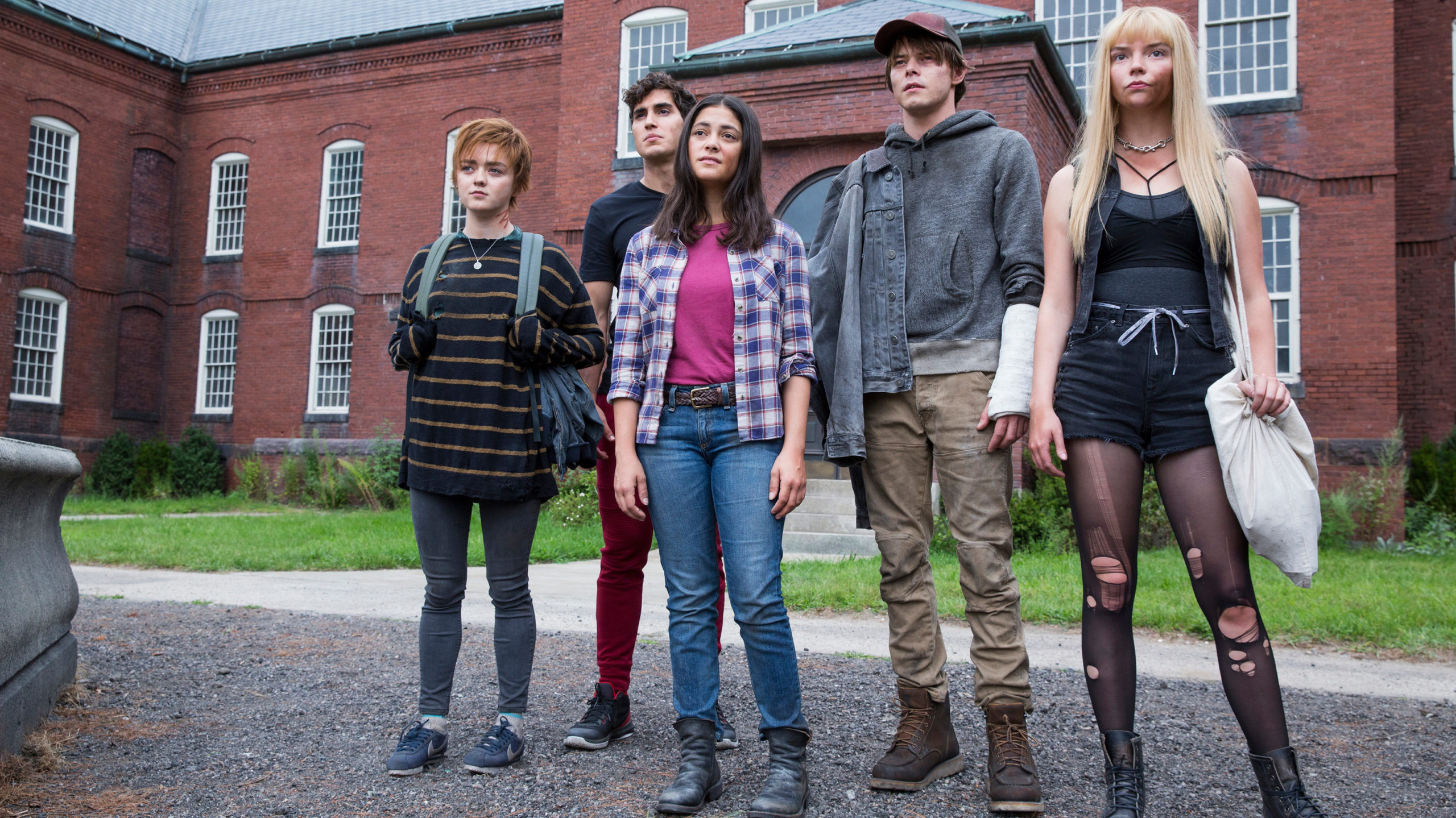
The New Mutants
Fox’s track record with its X-Men film franchise being the way it is, there was little hope for Josh Boone’s The New Mutants being much to write home about. And that was before the movie was flung into the lowest depths of development hell as a result of Disney’s acquisition of 20th Century Fox. But what Boone ultimately delivered was a take on Marvel’s mutants that put some genuine effort into exploring how the superhero genre has huge potential to work in the horror space. The New Mutants was smaller stakes compared to the likes of Apocalypse and Days of Future Past, but the movie understood that what makes X-Men movies interesting are the interactions between characters, something that’s much easier to highlight in plots that aren’t solely focused on people attempting to save the world. – Charles Pulliam-Moore
[referenced id=”1366973″ url=”https://gizmodo.com.au/2020/09/the-new-mutants-is-a-fitting-final-act-for-foxs-x-men-franchise/” thumb=”https://gizmodo.com.au/wp-content/uploads/2020/08/31/yt7q1piae151lq1mmcyg-300×169.png” title=”The New Mutants Is a Fitting Final Act for Fox’s X-Men Franchise” excerpt=”The New Mutants is a curious quagmire of a film that’s been defined by “what ifs” from the moment it was announced five years ago. What if it followed Apocalypse’s example and dragged the X-Men cinematic franchise further into the gutter? What if it somehow managed to be good? What…”]
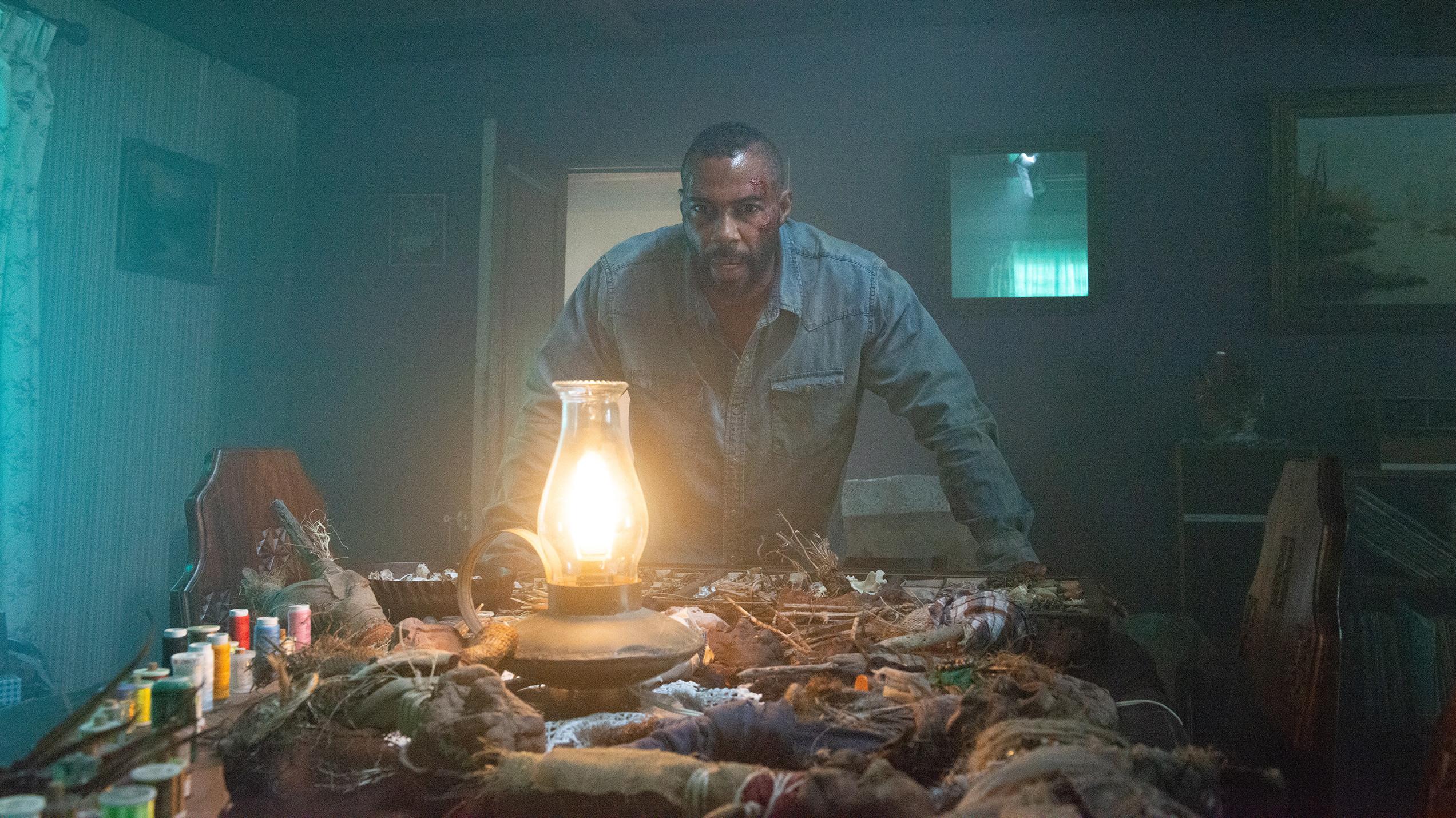
Spell
The magic of B horror movies lies in how they accidentally manage to be entertaining and fascinating in their hamfisted attempts to scare you with contrived plots and circumspect special effects. The more knowing a movie is of its own camp and cheese factors, the harder it is for it to achieve true B movie greatness, which is precisely what makes Mark Tonderai’s Spell the surprise gem it is. The film’s messages about racism, class, and power were a complete mess that there was little if anything to learn from, but Loretta Divine’s performance as an Appalachian hoodoo priestess was truly transcendent and ridiculous, to the point that it made the whole of Spell the perfect reminder that there are still genuinely good/bad movies out there. – Charles Pulliam-Moore
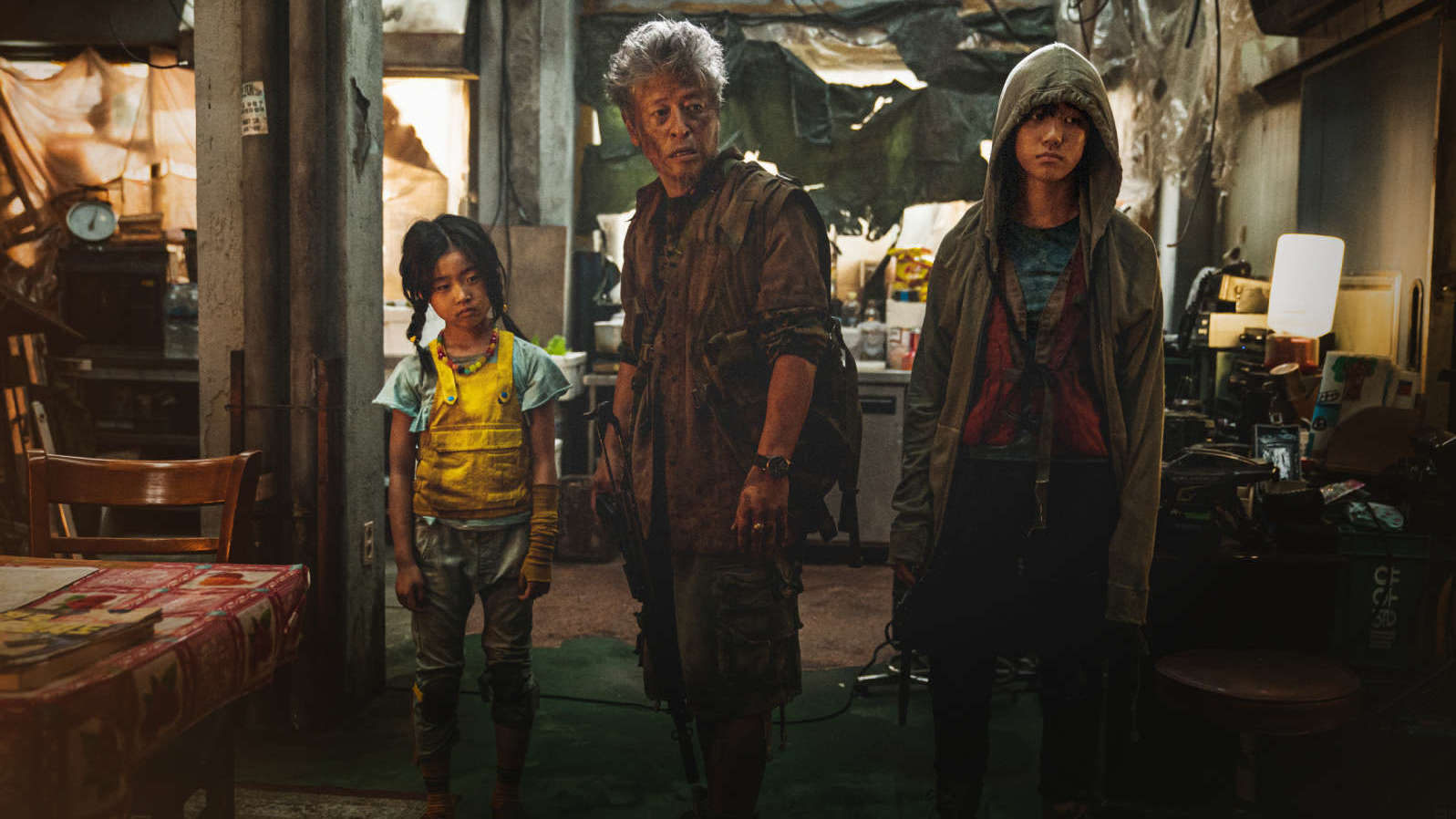
Peninsula
Yeah, Yeon Sang-ho’s post-apocalyptic Train to Busan sequel is entertaining as hell. But it’s also a reminder that no matter how bad things got this year, at least the box for “zombie outbreak” on the 2020 disaster checklist went unchecked. Of course, there’s still nearly a month left to go… – Cheryl Eddy
[referenced id=”1247805″ url=”https://gizmodo.com.au/2020/08/train-to-busan-sequel-peninsula-is-a-rip-roaring-post-apocalyptic-zombie-infested-good-time/” thumb=”https://gizmodo.com.au/wp-content/uploads/2020/08/18/qnqsli91jmtxbmugbfe6-e1597698458826-300×156.jpg” title=”Train to Busan Sequel Peninsula Is a Rip-Roaring, Post-Apocalyptic, Zombie-Infested Good Time” excerpt=”Even the most bloodthirsty horror fan could be forgiven for wondering if there’s really room in the world for yet another zombie movie. Then something like the new Train to Busan sequel, Peninsula, comes along and offers a reminder that in the right hands, the genre still has plenty of…”]
